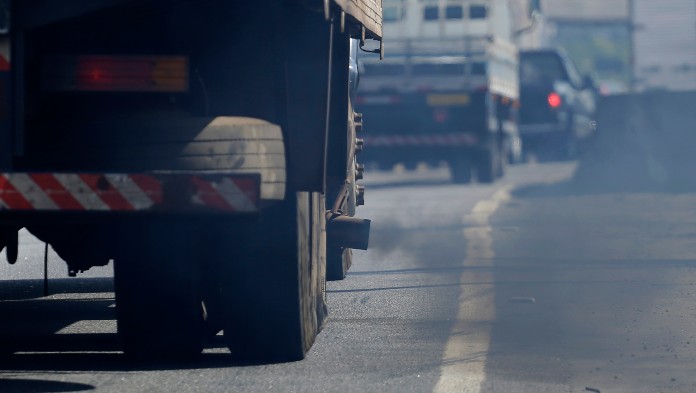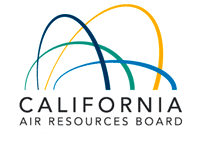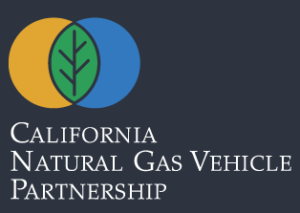Fact 2: Poor Air Quality
Burning the orchard waste to remove biomass looks appealing when compared to existing options. All a farmer needs is a permit to burn legally. However, the San Joaquin Valley is shaped in a way that traps air and pollutants in the area. According to the EPA, the San Joaquin Valley has some of the worst air in the nation and is not in compliance with National Ambient Air Quality Standards for ozone and particulate matter pollutants.

Diesel emissions from a truck.
Bakersfield frequently ranks for having some of the poorest air in the US. Not only does Bakersfield have poor air quality due to open burning and refineries, but unburned hydrocarbons, NOx, ammonia, and soot emitted from diesel trucks cause further pollution. These emissions cause ground-level ozone formation and ammonium nitrate, which cause health issues for residents.
Industry still requires trucks and trucks still require fuel. But the fuel does not have to be diesel. When compared to diesel, the SJR facility will produce renewable natural gas that emits about:
- 99% less particulate
- 96% less NOx
- 99% less CO
- 94% less VOCs
This fuel meets emission standards with ease. The CNG engines also require less maintenance than diesel engines. And with new ultra-low NOx vehicles, natural gas vehicles can have even lower emissions.
Organizations are pushing for natural gas vehicles as well. Companies like US Gain and Clean Energy Fuels are quickly building natural gas stations for long-haul trucks. Also, the San Joaquin Valley Air Pollution Control District, the California Air Resources Board, and the California Energy Commission are part of the California Natural Gas Vehicle Partnership. The Partnership pushes for more natural gas vehicles to improve the air quality in the San Joaquin Valley.





